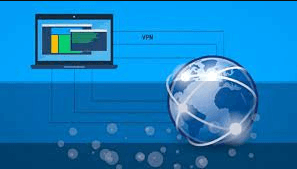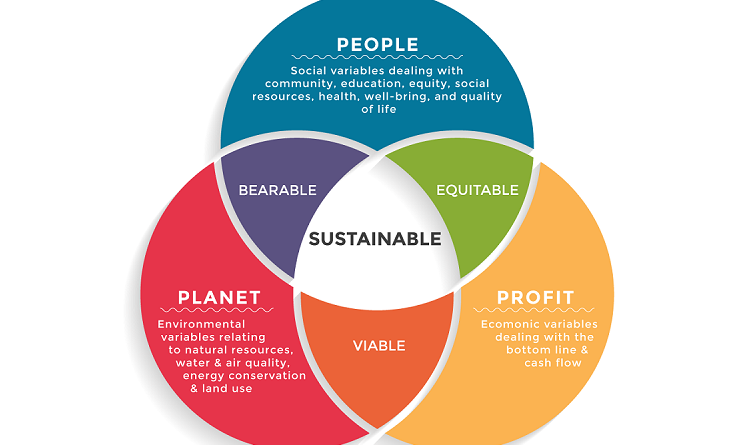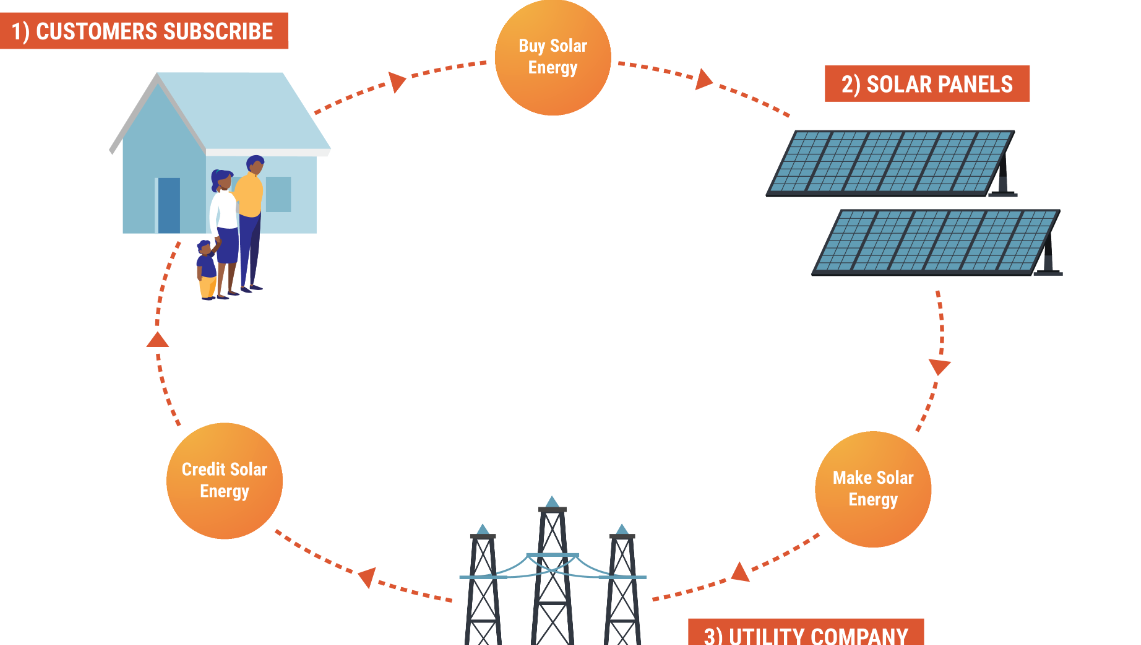7 Tips for Fleet Fueling Management

Managing fleet fueling can be enhanced by taking several different actions. Some of these actions can include embracing technology, using training programs, and more. Here are seven tips for fleet fuel managers:
1. Embrace Technology for Real-time Monitoring
Consider leveraging advanced technologies, such as GPS tracking and fleet management software. This can help you monitor fuel consumption, track vehicle locations, and analyze driver behavior in real-time. Monitoring can help prevent fuel theft and unauthorized usage and also allow you to identify inefficient routes and driving habits that contribute to excessive fuel consumption.
Investing in a fuel management system can provide you with comprehensive insights, allowing for quicker decision-making and strategic planning. By embracing technology, you can empower your fleet managers to take proactive measures that may contribute to substantial cost savings and improved operational efficiency.
2. Implement Fuel Efficiency Training Programs
Educating your drivers on fuel-efficient driving practices is a key component of fleet fueling management. Consider conducting regular training programs to enhance driver awareness of fuel-saving techniques. These techniques might include maintaining consistent speeds, proper vehicle maintenance, and minimizing idle time, as these can significantly reduce fuel consumption.
Encouraging fuel efficiency among your drivers can contribute to cost savings as well as align with environmental sustainability goals. Consider incentivizing drivers who consistently show fuel-efficient behaviors. This can create a positive reinforcement mechanism that benefits both your business and the planet.
3. Optimize Fuel Purchasing Strategies
Implementing specific fuel purchasing practices is beneficial for controlling costs. Consider negotiating volume discounts with fuel suppliers or exploring fuel card programs that offer additional benefits such as rebates and detailed transaction reports. Monitoring fuel prices and adjusting your purchasing strategies accordingly can result in substantial savings over time.
4. Regular Vehicle Maintenance
Well-maintained vehicles are typically more fuel-efficient, and preventive maintenance can go a long way in reducing fuel consumption. Schedule regular maintenance checks for your fleet, including inspections of the engine, tires, and other significant components. Addressing minor issues promptly can prevent them from turning into more significant problems that negatively impact fuel efficiency.
Make sure that your vehicles are equipped with the latest fuel-efficient technologies. Upgrading to energy-efficient tires, improving aerodynamics, and incorporating fuel-efficient engine technologies can contribute to long-term savings and a greener fleet.
5. Implement Strict Fueling Policies
Establishing and enforcing clear fueling policies can help in preventing fuel misuse and unauthorized transactions. Consider defining guidelines on where and when fueling is permitted, set fuel quantity limits, and implement secure authorization processes. Integrating these policies into your overall fleet management strategy can help maintain control over fuel-related expenses and minimize the risk of fraud. Regularly communicate fueling policies to your drivers, emphasizing the significance of adherence.
6. Use Data Analytics for Decision-making
Consider collecting and analyzing data on fuel consumption, driver behavior, and vehicle performance. This can help you gain valuable insights that can drive informed decision-making. Identifying patterns, trends, and areas for improvement can allow you to implement targeted strategies that optimize fuel efficiency and reduce costs. Integrating data analytics into your fleet management can help you to make evidence-based decisions. This helps make sure that your fueling strategies align with the unique needs and challenges of your fleet.
7. Explore Alternative Fuel Options
Consider exploring alternative fuel options as a proactive step. You can incorporate alternative fuels such as biodiesel, compressed natural gas (CNG), or electric power into your fleet. While the initial investment may seem significant, the long-term benefits, including reduced fuel costs and a smaller environmental footprint, may outweigh the upfront expenses.
Manage Your Fleet Fueling Today
Fleet fueling management can benefit from actions such as leveraging data analytics to make informed decisions, implementing fueling policies, and more. Efficient fuel management can help you save time, money, and potentially increase overall success. Contact a fueling management company to learn more about how to be as effective as possible in your fleet fueling management.





